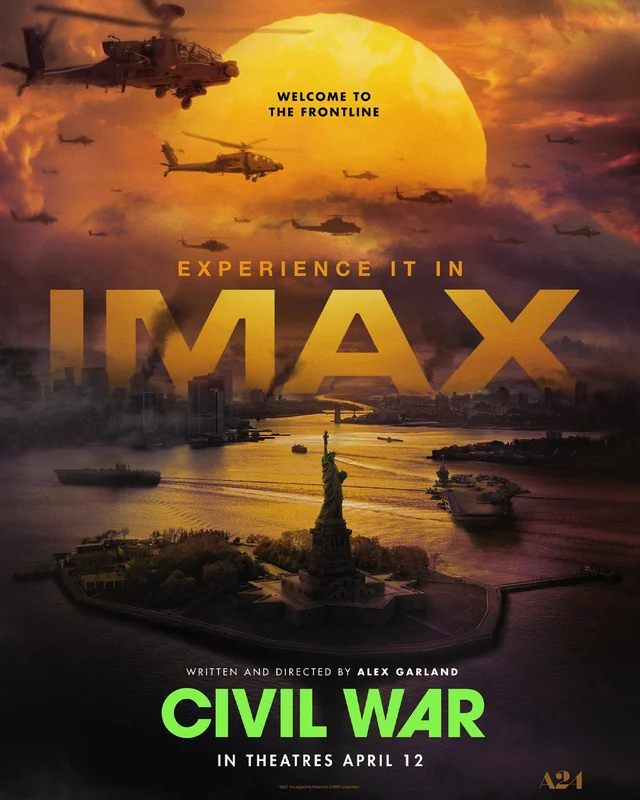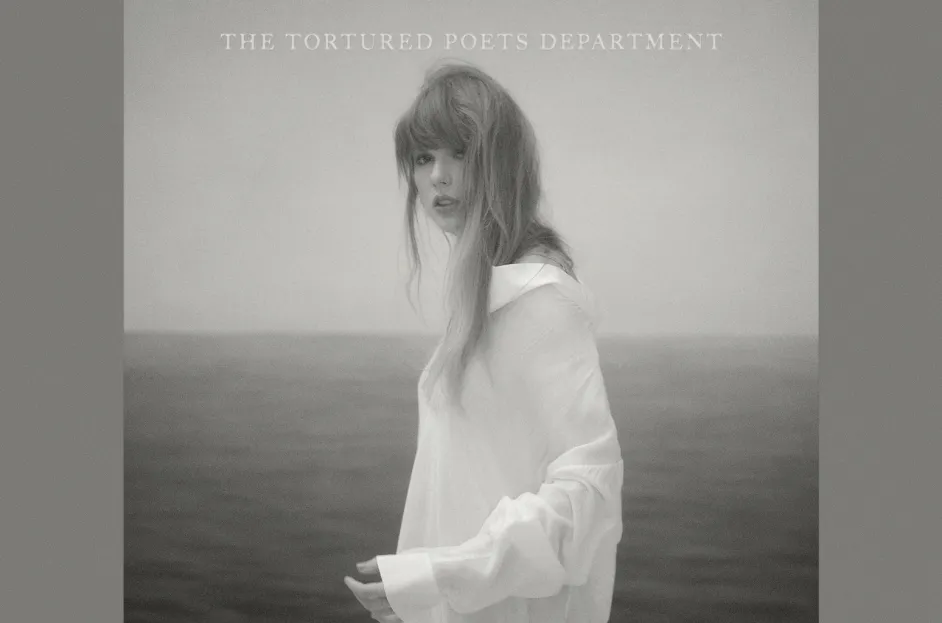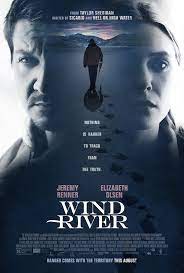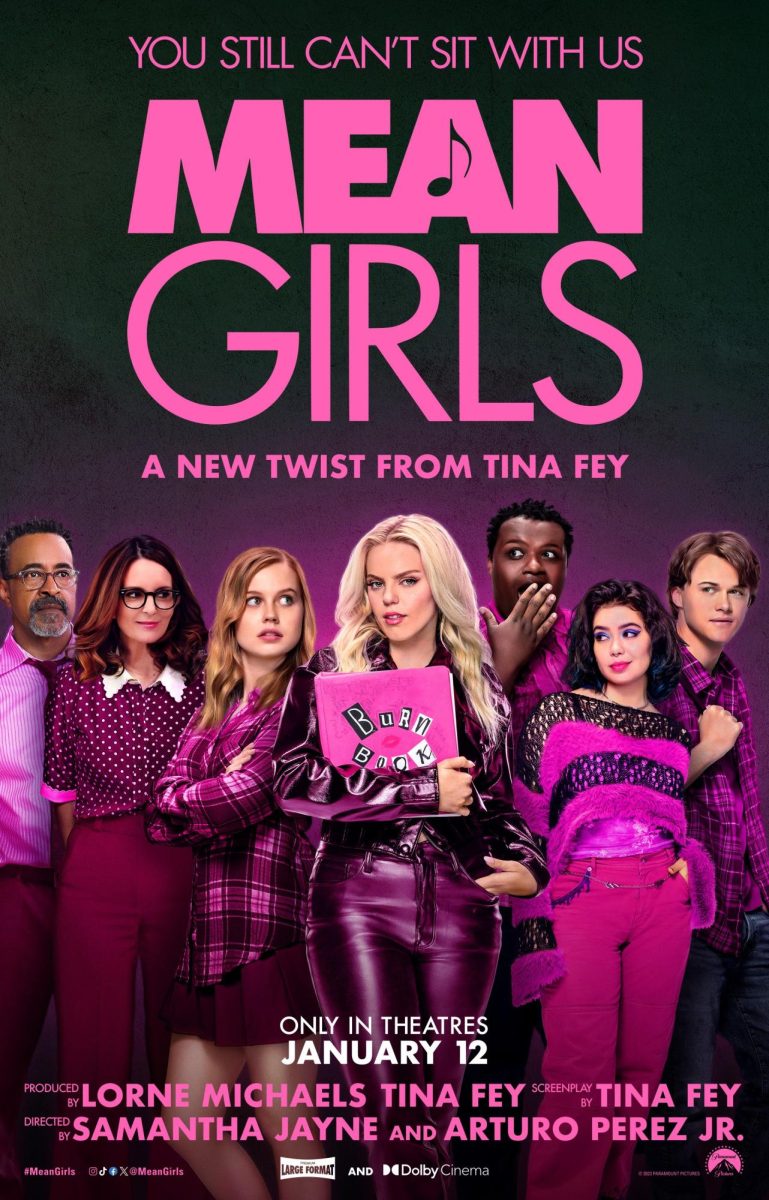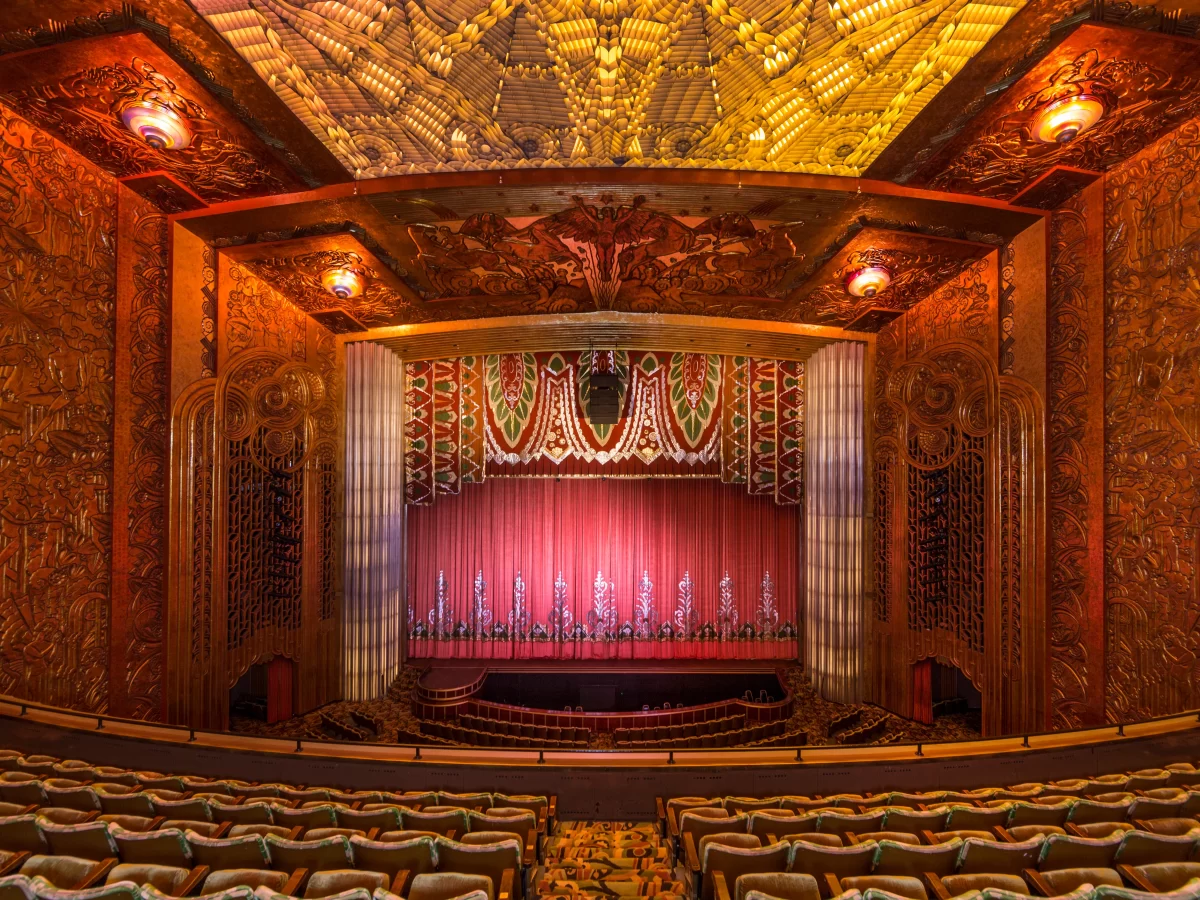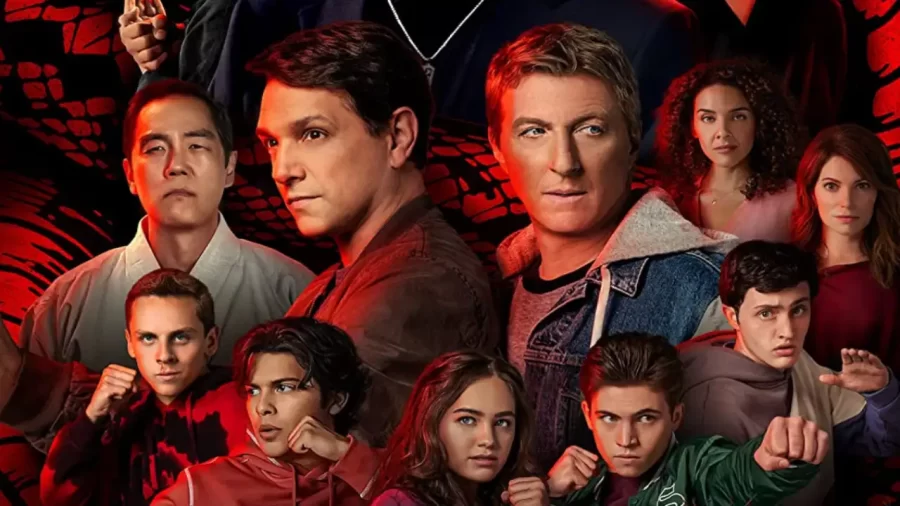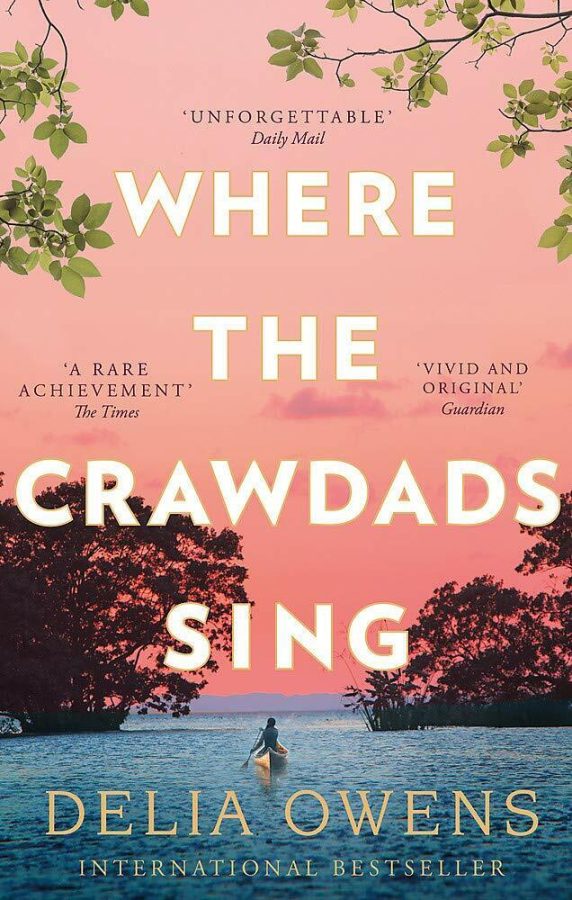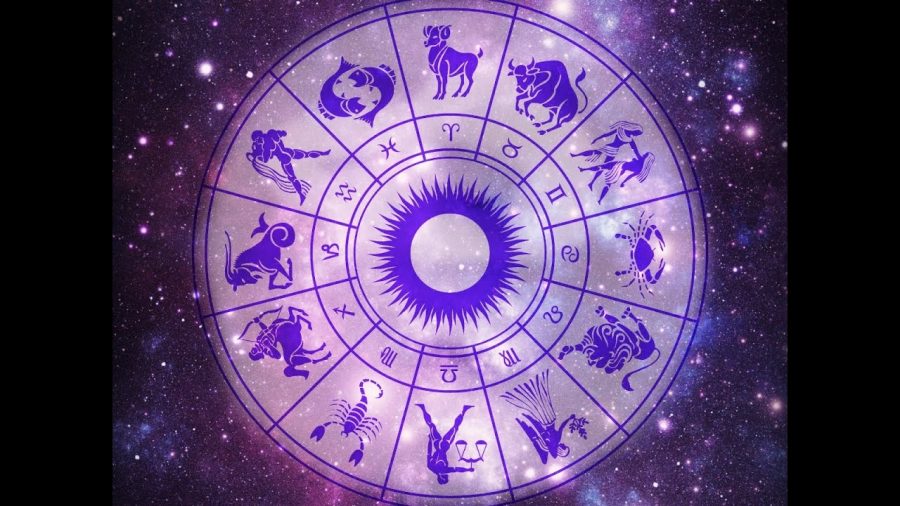Napoleon: The comedy
Hudson Hsieh
The trailer of the movie Napoleon exposed audiences to a sprawling historical epic about the legendary figure. It showed Napoleon stone-faced as he ordered attacks at the famed battle of Austerlitz as bassy rock music roared in the background. Next, a fiery affair with Josephine de Beauharnais as they enter a seductive mask party. Lastly, a clip of the general crowning himself emperor with the pope in attendance. The trailer and promotional footage gave off the impression that this movie would mirror other critically acclaimed war epics such as Gladiators, Saving Private Ryan, and Troy. It was going to be a movie that is inspiring in its portrayal of its protagonist and leaves the audience speechless with its set pieces and sprawling story.
The Napoleon released in theaters was a completely different movie than the one advertised in the trailers. The first thing that stuck out was the subtle comedic elements of the movie. It wasn’t the laugh-out-loud parodies of historical satires such as Jojo Rabbit or Death of Stalin but Mockumentary sitcoms such as The Office or Arrested Development. The comedy derives from Napoleon’s actions and lines’ unexpected nature. Joaquin Phoenix’s portrayal of Napoleon is comparable to that of Micheal Scott in The Office, where what he says is inappropriate for the occasion and his clumsy nature. He exacerbates the childish nature of the Emperor as he spends most of the movie with an arrogant frown. He whines and complains about Josephine’s infidelity by childishly saying to one of his generals, “No dessert to you.” Later in the movie, he throws a lamb chop at Josephine when she makes fun of his terrible table manners, saying “Destiny brought me this lamb chop.” What makes his behavior funnier is the contrast between the brutish and insolent Napoleon and the rest of his advisors. One example was during the alliance meeting with Tellyrand, where Napolean failed to convince the Austrians to ally themselves with him. The cinematography also reinforces this awkwardness, as many scenes were filmed close to the character’s faces. It made it seem to the audience that the movie was filmed live by a third-person camera crew who was in the movie. It’s not typical cinematography that audiences would expect for a sprawling war epic like Napoleon.
However, the movie fails to lean into poking comedic fun at Napoleon as these moments interloped with war scenes and brutal executions. Furthermore, the color gradient of the movie was somber, as grays and blue tones were used extensively throughout the film. The characters moved about with a serious air to them. Characteristics that aren’t typically expected in a comedic war movie. However, interloped with these war scenes was classical music inserted at the most inopportune times. In these moments, where no music was needed, a classical soundtrack would play that completely threw off the atmosphere that the movie was going for. In regular scenes with Napoleon out of battle, there were so many slow-motion scenes that felt like they were there for the kicks and giggles. At times, Napoleon was a war epic, one filled with spectacular set pieces and genuinely cool moments. But it was these awkward moments of comedy created by other factors that gave off a tonally divided movie that was unsure of finding its footing between making fun of the emperor and telling his story.
Another factor that divided critics was the runtime of the movie. Following the trend of other recent Hollywood movies Napoleon ran for two hours and thirty-seven minutes. Even with its extended runtime, a subject matter like Napoleon’s life was so complex that it would have taken a 7-8 hour miniseries to do it justice. The depth and dimension that a character such as Napoleon demands to satisfy audiences and history buffs cannot fit into a single movie. Furthermore, instead of telling one specific area of Napoleon’s life, Ridley Scott made his job more difficult by trying to pack Napoleon’s entire life into a single film. Against all odds, Napoleon felt too long, with parts of Act Three dragging and unable to keep up with the quick pace established in Act One. The biggest pacing problems came from the fact that the movie dedicated much of its runtime to exploring the relationship between Napoleon and Josephine. Half of the movie is Napoleon and Josephine talking, Napoleon giving a voice-over monologue in a letter addressed to Josephine, and Napoleon yelling at Josephine, leaving little over an hour to tell the rest of Napoleon’s story: the coup, his battles, his coronation, his return, and his death. It left audiences wanting to see more of Napoleon’s exploits as barely any screen time was dedicated to what Napoleon did as emperor, how he planned his battles, his military experience, and his governing style.
The editing of the film was another aspect that contributed to the weak pacing of the film. The movie was filled with thirty-minute segments pasted together with fade-to-white transitions that offer no context to the relationship between two separate scenes. For example, there is no flow between Napoleon in Paris and his arrival at the siege of Tulon. The siege itself lasted twenty minutes and ended with Napoleon being promoted to general before suddenly cutting away to another location. The most intrusive example of this time jump in action was Napoleon’s conquest of Egypt with the movie giving no context on what happened before and after he went to Egypt. The movie also spends ten minutes exploring Napoleon’s time in Egypt before cutting away to his home in France. By only showing snapshots of Napoleon’s highlights, the movie fails to accomplish its goal of telling Napoleon’s story because it ignores the context and nuance of the events in his life. The movie doesn’t show his military genius or leadership qualities but rather focuses on his relationship with Josephine and big set-piece moments.
The relationship between Napoleon and Josephine is one of the strangest love stories told in movies as audiences are left wondering about the nature of their love. They alternate between love and hate as Napoleon physically and emotionally abuses Josephine, yet she emotionally manipulates him. Ridley Scott centers the movie on this relationship as it is the tenuous glue that ties the movie’s events together. It’s a complicated relationship, with two deeply flawed characters trying to comfort each other. Josephine, known for her court promiscuity, appears cold and distant to Napoleon when they first meet. Napoleon, whose expression is unreadable throughout the movie, seems to be glad there is someone who understands him. What results is an emotionally abusive yet loving relationship. The insecure and egotistical Napoleon finds refuge in the psychotic Josephine who comforts Napoleon. Their bizarre interactions left me wondering how much of their love was real and how much of it was for publicity. At one moment, Napoleon appears childish and complains to Josephine about her infidelity, and the next moment she makes him cry by making him proclaim that “He’s nothing without her.” Somehow it works in the context of the movie. It can portray the duality of Napoleon as an egotistical ruler who also deeply cared about Josephine.
From there, the movie stumbles into its rushed third act with the shining aspect being the battle of Waterloo. The movie wraps up with the death of Josephine and the reaction of the deeply saddened Napoleon. With his defeat, he is whisked away to live in solitude on the Island of St. Helena, where the movie ends with one last monologue to Josephine.
In the end, Napoleon suffers from direction and script issues. Ridley Scott aimed to explore the duality of Napoleon’s character from his strengths to his weaknesses, while trying to chronicle his entire life in a two-and-a-half-hour movie. It’s a task that is difficult to achieve, even for a veteran filmmaker like Scott. Next, the attempts at satire made the movie even more confusing as audiences were left to dislike or laugh at Napoleon as he bumbles his way- seemingly by accident- to power. However, despite these flaws, the movie’s set pieces and bravada moments were truly spectacular. The battle scenes, in particular, took advantage of the 200 million dollar budget as it enabled most of the scenes to be filmed practically. The effort shows as the sight of thousands of soldiers fighting is enough to send chills down audiences’ spines. The sound editing was crisp and the choreography, although questionable due to the mockumentary style, was sharp and consistent. In these aspects, Scott was able to utilize his experience making blockbusters to full effect. However, these moments fail to accomplish the movie’s goal, which is to tell an accurate story of Napoleon. In the end, Napoleon felt like a rushed and empty film filled with a star-studded cast, an Oscar-worthy director, and the support of big-budget studios.


